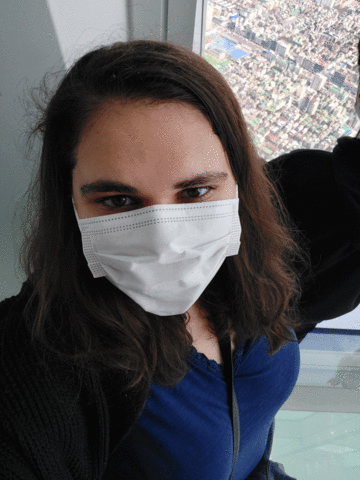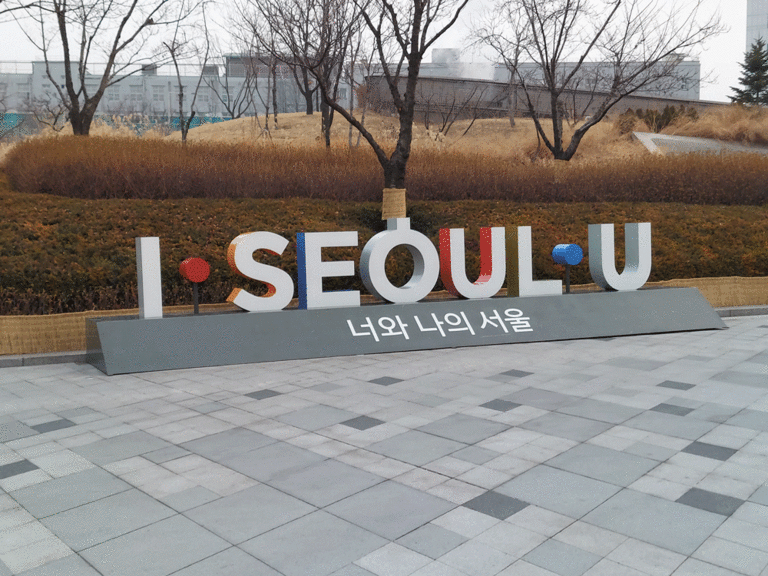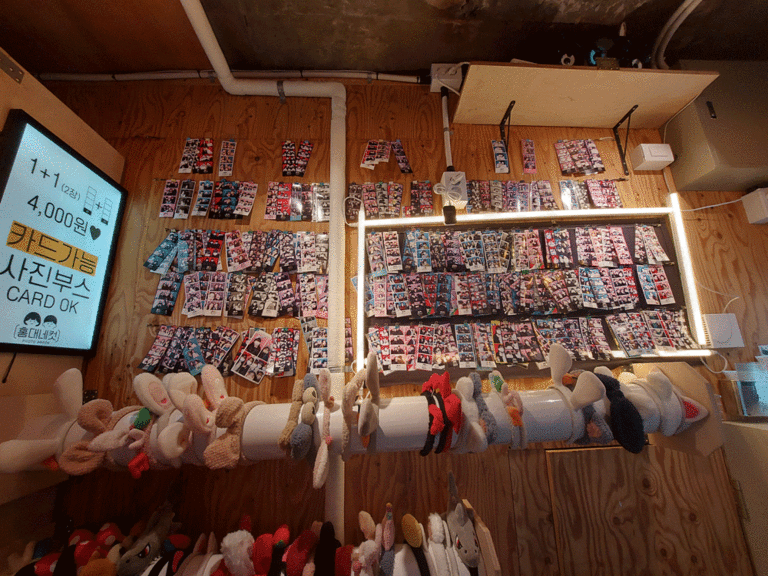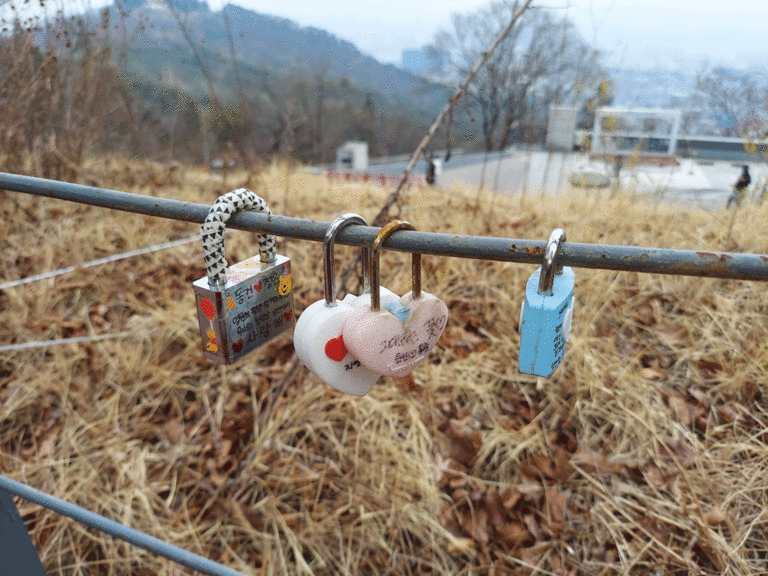
When I traveled abroad to Seoul, South Korea, in the spring semester of 2022, I was fully aware of the differences in ideology from that widely accepted in the United States. Although some do not support the LGBTQ+ community in the United States, the silver lining is that people in the community do have legal rights that they would otherwise not have if they were outside of the United States. Although I do not recall same-sex dating being illegal in South Korea, same-sex marriage is not legalized and even dating is very taboo. Still, I was very interested in studying abroad in South Korea since I was minoring in Korean Studies. I was prepared to keep my identity as a member of the LGBTQ+ community something that went unspoken to protect myself emotionally and physically.
Although I did not discuss why my preferred name was not the same as my legal name, surprisingly many did not question the reason I changed my name. Many more people in the United States question it when brought up. It could possibly be because the people in South Korea simply thought it was a nickname or because it is more common for Korean people to have multiple names, typically a Korean name and an “English” name which sounds more like a name from countries that natively speak English.
Additionally, although I did not openly talk about my sexuality and gender identity with most people, I did become close enough friends with a Korean college student to tell her as well as some of the international students I was housed with. I would often discuss political topics with my Korean friend since she was interested in those topics. We would compare situations in our home countries to each other, and since the discussions were open-minded, I felt I would be able to talk about the struggle the LGBTQ+ community faced in both countries. Surprisingly, it seemed that although South Korea is a very traditional and very religious country, increasingly more people (especially young college students) were becoming supportive of the LGBTQ+ community. Unfortunately, it seems that South Korea has more pressing issues currently still, including women’s rights and racial equality.
"Hearing experiences from those who came from a much different country from my own truly opened my mind to different possibilities. So, the next time someone asks me about my name or uses different pronouns than my preferred ones...I am more prepared to step back and let my feelings be known in a helpful way."

Even though the country still faces struggles in many aspects of human rights, I did manage to learn things about myself even if I could not discuss them with people outside of the United States. Although I prefer they/them pronouns, I still use she/her pronouns so I cannot comment on how being misgendered feels since I present as a female, usually earning she/her pronouns. However, I can say that I felt powerless to try to ask people to use they/them pronouns. I was far too scared of making myself an outcast in the country, and it would be unlikely they would understand why I would want to use they/them pronouns. After all, the Korean language does not have gendered pronouns like the English language does.
However, through this experience, I fully digested that no matter what others may call me, their intentions might not be to harm. Their experiences and backgrounds could be very different than mine and those in the United States. Thus, they might not have been exposed to the complexities of American culture or even the LGBTQ+ community if their countries were not as accepting as America is. I would like to say that I came out of this experience with a thick skin, but that would be a stretch. However, I can say that I grew to be more confident in myself and my internal realization of my gender and sexuality.
Hearing experiences from those who came from a much different country from my own truly opened my mind to different possibilities. So, the next time someone asks me about my name or uses different pronouns than my preferred ones on a day that truly bothers me, I am more prepared to step back and let my feelings be known in a helpful way. I wish to spread knowledge of gender ideology and sexuality, and to do this, the first step is to correct others without judgement. I feel I can truly do that now that I have experienced people who want to help and support but lack the knowledge to effectively do so because their national culture and laws are so different than those from the United States and other similar countries who are more supporting of LGBTQ+ rights.
Tj Grimes (computer science major), a Diversity Ambassador Scholarship recipient, participated in the Korea University Exchange program in spring 2022.
LEARN HOW YOU CAN APPLY FOR A DIVERSITY AMBASSADOR SCHOLARSHIP
The Diversity Ambassador Scholarship program provides awards to study abroad for a summer, semester, or academic year. The scholarships are intended to support the diversification of students who study abroad. Upon completion of the study abroad program and return to UI, award recipients are asked to submit a photo and an open letter to prospective students or suggest an alternate means of sharing with prospective students.
Please note that the opinions and views expressed by diversity ambassadors are solely those of the students and do not reflect or represent the views of International Programs or the University of Iowa.
International Programs (IP) at the University of Iowa (UI) is committed to enriching the global experience of UI students, faculty, staff, and the general public by leading efforts to promote internationally oriented teaching, research, creative work, and community engagement. IP provides support for international students and scholars, administers scholarships and assistance for students who study, intern, or do research abroad, and provides funding opportunities and grant-writing assistance for faculty engaged in international research. IP shares their stories through various media, and by hosting multiple public engagement activities each year.



